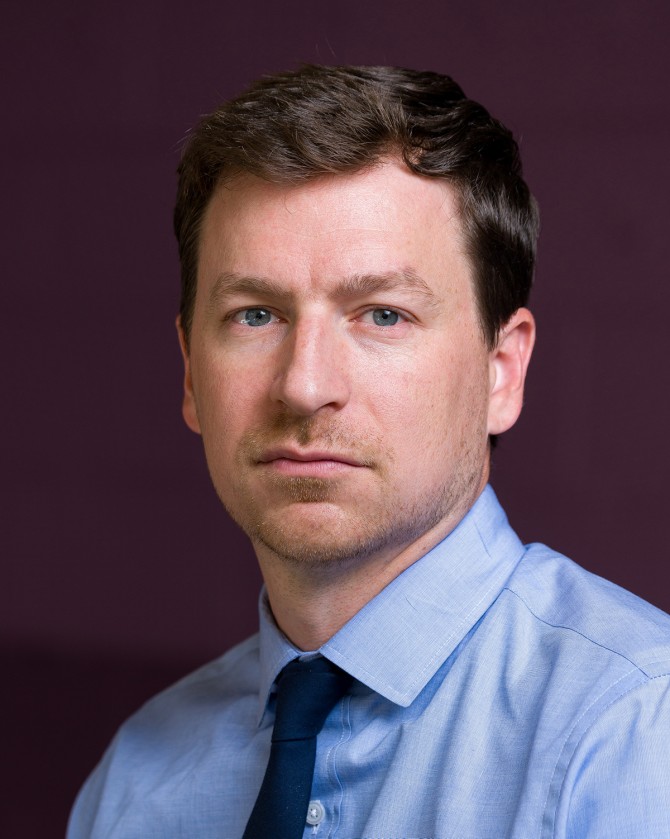Prison education program leader Rob Scott joins Global Development
Rob Scott, a leader in politically engaged education in New York state who has led efforts to establish local and national coalitions for higher education in prison, has joined Cornell’s Department of Global Development in the College of Agriculture and Life Sciences as an adjunct assistant professor.
Scott, executive director of the Cornell Prison Education Program (CPEP), focuses his efforts on generating opportunities for people in New York state prisons to attend college. The program now operates in four prisons Upstate — Auburn Correctional Facility, Cayuga Correctional Facility (in Moravia, New York), Five Points Correctional Facility (in Romulus, New York) and Elmira Correctional Facility — and has expanded to serve more than 200 students each year.
“I’m excited to join the Department of Global Development. The department’s emphasis on reducing inequality and improving peoples’ lives has an obvious resonance with my work bringing higher education into prisons,” Scott said. “I see the department’s education minor as a vehicle for connecting our undergraduate prison volunteers with formal study of critical pedagogy and the struggle for justice in schools.”
Scott says his teaching focuses on the social and cultural foundations of education and the intersection of schools with the struggle for justice and democracy. At Cornell he has taught courses on a range of topics, from educational theory and education policy to sustainability and horticulture. In 2016 he earned the “Champions of Change” prize from the White House for his work with students impacted by the criminal justice system. He is affiliated with Cornell’s Education Minor in CALS’ Department of Global Development and the Minor in Crime, Prisons, Education and Justice in the College of Art & Sciences. Previously he was an adjunct assistant professor of horticulture.
For decades Cornell has a been a national leader in prison education. In 1999, the university approved college courses taught in prisons to be given for credit without charging tuition or fees. Since Scott joined the program in 2013, it has granted more than 100 college degrees.


